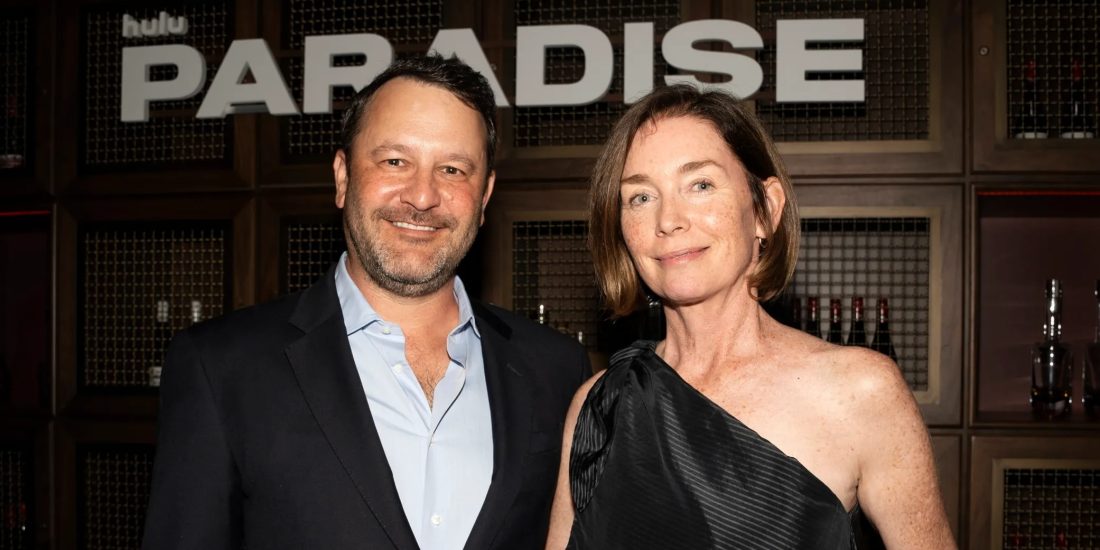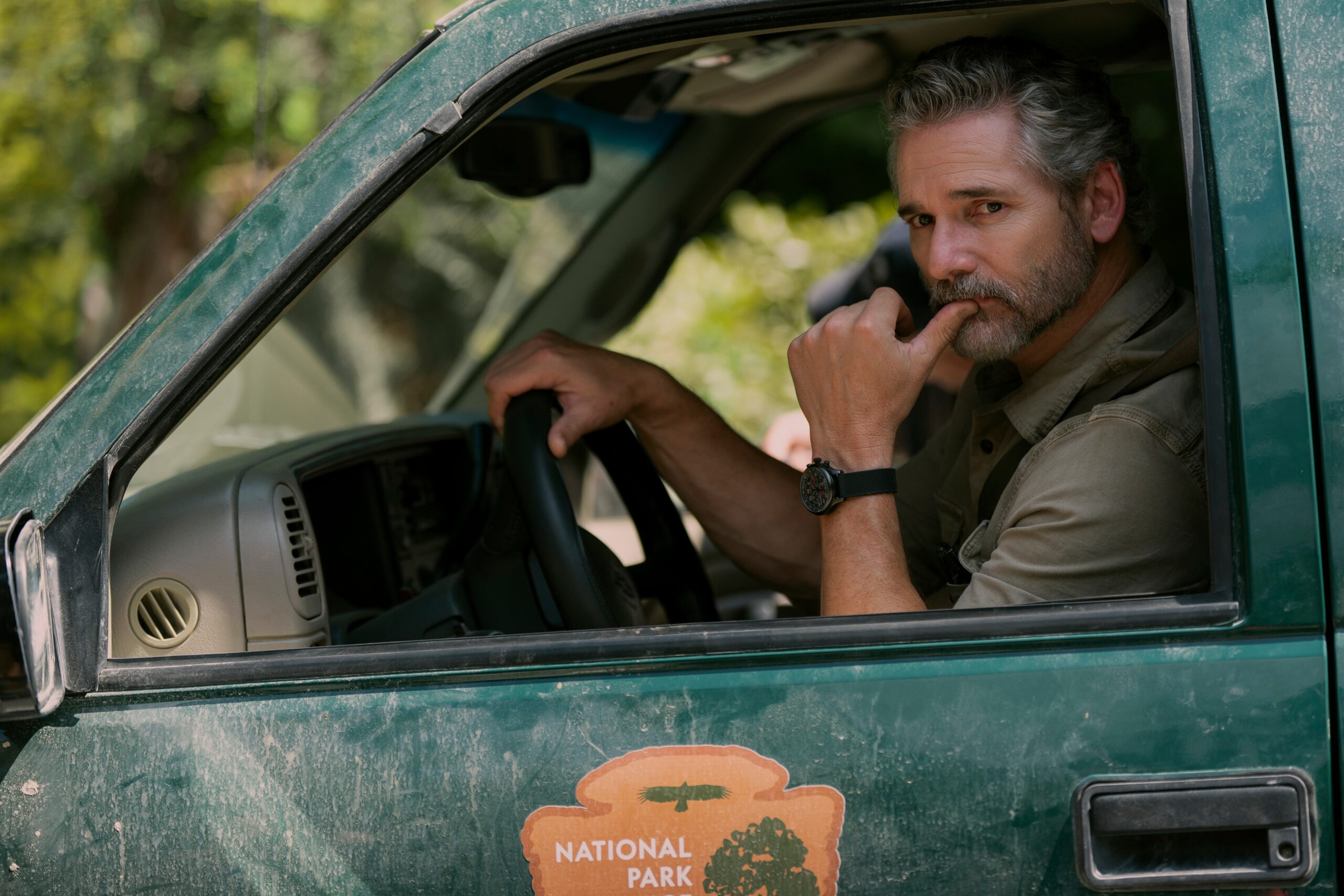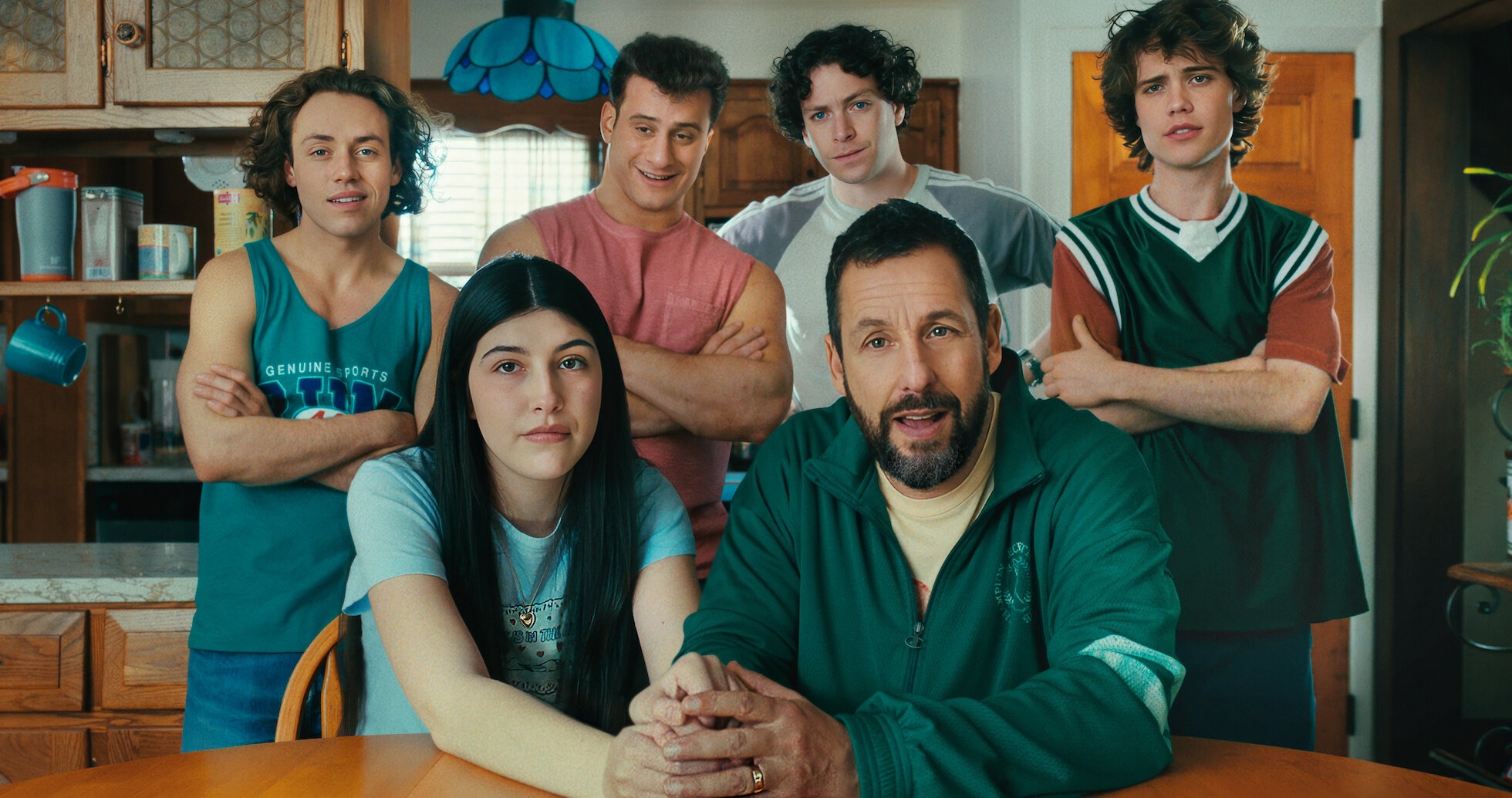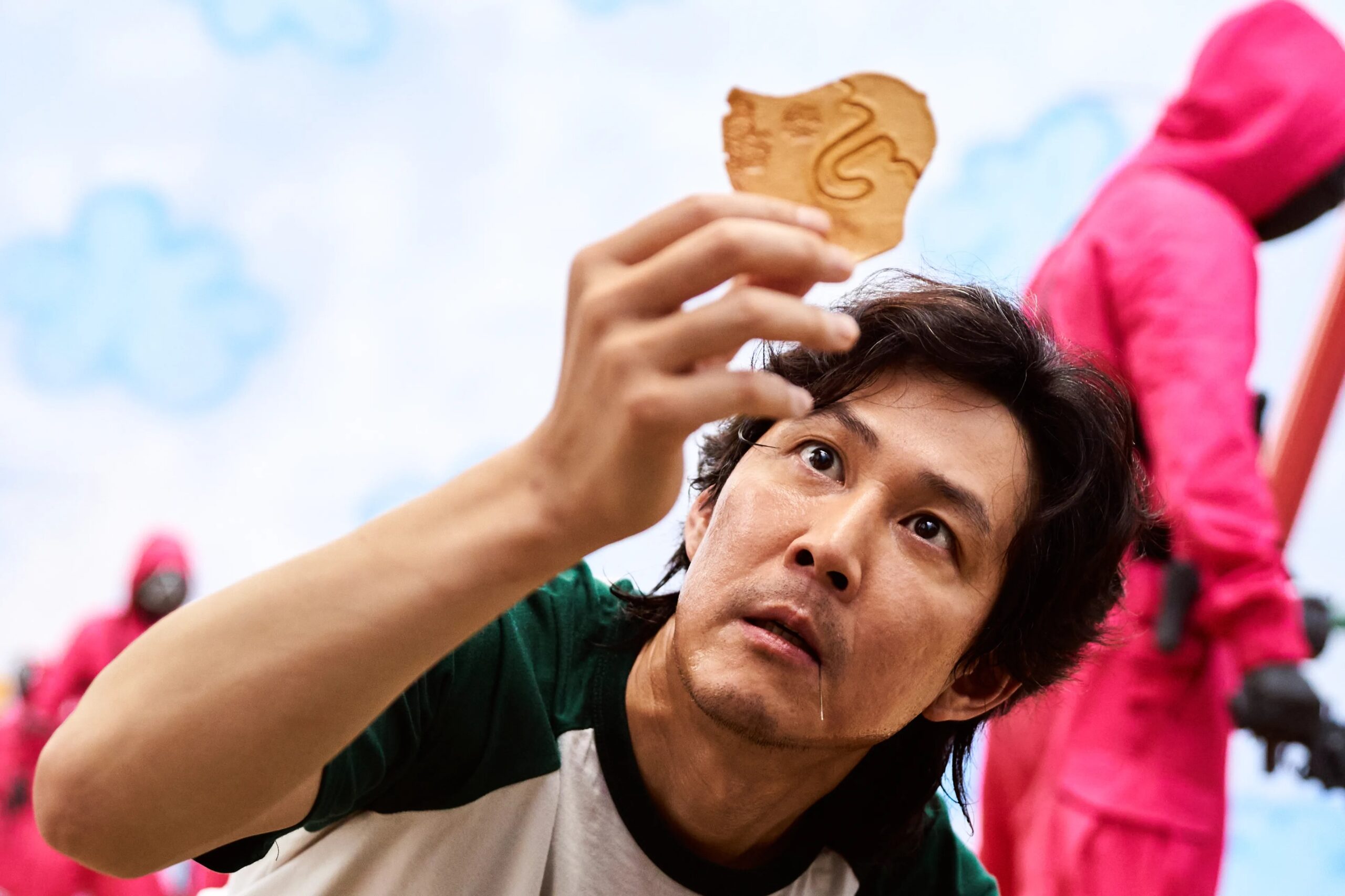How a Real-Life Encounter Inspired the Series‘ Dystopian World
Dan Fogelman, the creator behind Hulu’s new thriller Paradise, has opened up about the creative decisions behind the show’s gripping pilot and how a decade-old encounter with a billionaire sparked its genesis.
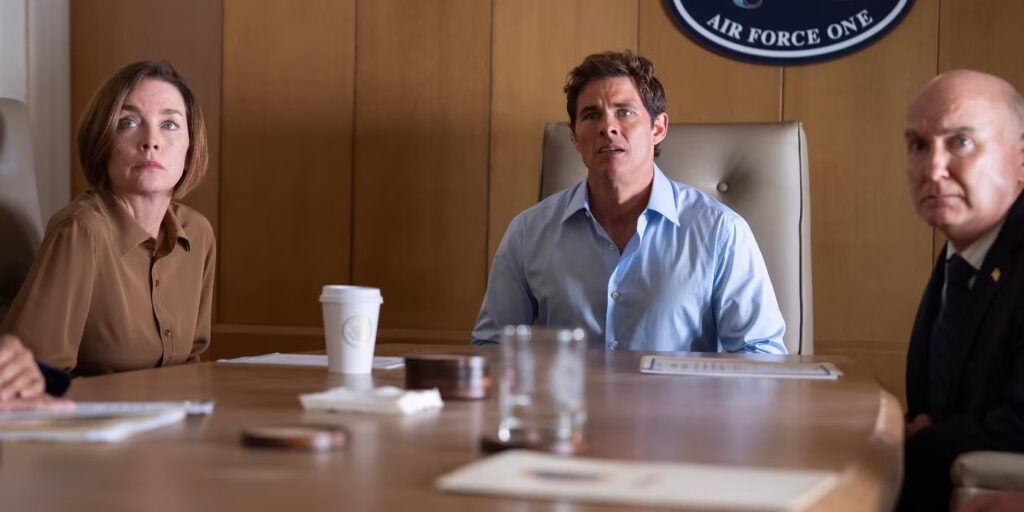
“I had a meeting with a billionaire and on my drive home I heard a loud bang,” Dan Fogelman recalls. “It made me think of Secret Service agents and presidents.”
That moment planted the seed for Paradise, set in a covert subterranean town beneath a Colorado mountain, built for America’s most powerful in anticipation of an undefined catastrophe.
A Secret Service Agent at the Center of Chaos
In Paradise, Sterling K. Brown stars as Xavier Collins, a Secret Service agent reeling from the assassination of the president (James Marsden).
The final moments of the pilot center on Collins sprinting through his idyllic neighborhood, intercut with flashbacks that unveil deeper mysteries. Dan Fogelman explains that this sequence evolved significantly from the script to screen.
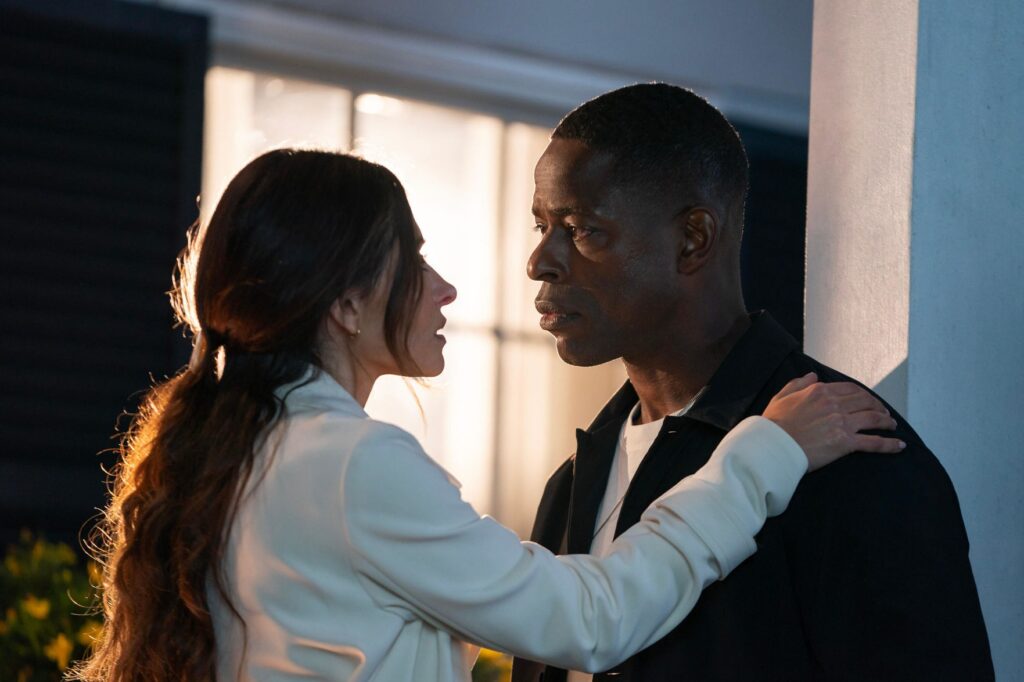
“So much of the writing is done in preproduction, production and then in editing,” Fogelman notes.
One of Brown’s monologues was modified during filming to end with the line, “I’ll forgive you when I can sleep again, and I’ll sleep again when you’re dead.”
The emotional impact was immediate. “Sterling said, ‘Wow! That shit hits different,’” Fogelman says.
James and the Giant Peach and Improvised Symbolism
Dan Fogelman admits some details were serendipitous. A reference in Brown’s monologue to James and the Giant Peach—where the titular fruit was originally a cherry—came from spontaneous Wikipedia browsing.
“Sometimes I wish there was more method to it,” he says. “I had named the child James, and he was reading a book, so I looked for an anecdote.”
Building—and Editing—Artificial Reality
Initially, Dan Fogelman envisioned viewers witnessing a normal suburban jog, only to later revisit it with altered context to highlight the community’s eerie artificiality.
“A gardener would appear to water a lawn, but on the reverse run, you’d realize he was painting it,” he says.
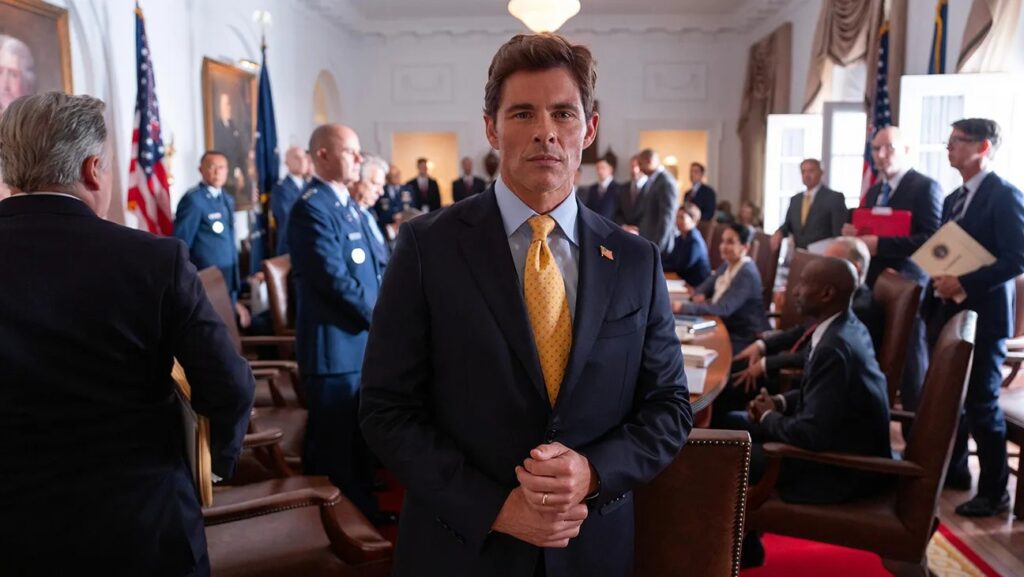
Due to budget constraints, that idea was revised: instead, ducks seen early in the episode are later revealed to be animatronic.
Creative Cuts for Emotional Impact
Some scenes, such as a family kitchen moment, were ultimately excluded. “The kids were great, but we were building toward an ending,” Dan Fogelman explains. “It was more powerful to stay with Sterling on his monologue.”
Other lines were dropped because they unintentionally misled viewers. A moment involving Carl (Richard Robichaux) drew suspicion during test screenings, despite being intended to highlight the monotony of bunker life. “It started to jump out as a clue, which it wasn’t,” Fogelman says.
The Mechanics of Writing for Screen
Dan Fogelman also delves into his screenwriting techniques, particularly how he formats stage direction.
“Executives and actors sometimes skim over stage direction. I use italics, bold, or underlines to make sure the reader’s eye goes to it,” he explains.
To maintain rhythm, he often spaces out stage direction line by line rather than compressing it into prose.
The Cigarette Clue and Post-Production Choices
One notable visual detail—the numbers and symbol inscribed on a cigarette—was added after the season was mapped out. “I didn’t know what was going to be on the cigarette at first,” Fogelman says. “Once I had the whole season broken, I could go back and plug it in.”
In execution, the inscription served a critical narrative function: “If I just had him look at a cigarette, how would the audience understand there’s something important there?”
Paradise, the latest thriller from Dan Fogelman, may appear to unfold in real time, but its layers reveal a world meticulously constructed—edited, revised, and scripted with precision to raise questions that won’t be easily answered.

